Sensorineural hearing loss is a rare condition that occurs when the inner ear or the actual hearing nerve is damaged. While the doctors say that the condition diagnosed with singer Alka Yagnik is not life-threatening it is difficult to reverse. It can severely affect communication and daily life, posing a significant challenge read more
)
Singer Alka Yagnik revealed she has been diagnosed with rare hearing loss disorder. Instagram/@therealalkayagnik
In the world of Bollywood melodies, legendary singer Alka Yagnik’s voice has charmed millions and defined 90’s music, but recently the singer has revealed that she has been diagnosed with a troubling health condition.
As per a Times of India report, Yagnik was in Goa with friends in May when she first began to lose hearing in her right ear. Within 24 hours she lost hearing in her right ear entirely and felt her left ear too getting affected.
Initially, the singer thought that the issue was because of the cabin pressure and expected her ear to pop soon, but her condition worsened over time.
Earlier this week, the singer revealed in an Instagram post that, soon after she stepped out of the flight she “was not able to hear anything” adding she was diagnosed with a “rare sensorineural hearing loss” caused due to viral attack.
Yagnik further explained to her friends and fans that her diagnosis was a “major setback” and the reason why she had been “missing in action”.
What is the condition that the singer has been diagnosed with and can it be cured? Let’s take a closer look
What is sensorineural hearing loss?
Sensorineural hearing loss (SNHL) occurs when the inner ear or the actual hearing nerve itself becomes damaged. As per Healthline, the spiraling organ inside the inner ear called the cochlea contains tiny hair known as stereocilia. The hair converts vibrations from sound waves into neural signals that the auditory nerve carries to the brain.
When some of the hair cells in the cochlea are exposed to sounds louder than 85 decibels, they get fragile and can later also get damaged which can impact hearing as per the health website
The effects of this, however, cannot quite be felt till about 30 per cent to 50 per cent of the hair stand is damaged. The hearing loss as a result of this diagnosis may be mild, moderate or severe depending on the damage occurred.
According to The Indian Express report quoting Dr Murarji Ghadge, consultant ENT and sleep disorder specialist, Ruby Hall Clinic, Pune, sudden hearing loss is rather rare, affecting about 5-20 people per 100,000 annually.
What causes this condition?
According to John Hopkins, the causes of SNHL can be due to various congenital (present at birth) factors including infections, and complications at birth. Acquired causes that can result in the condition include exposure to loud noises, the natural aging process, head trauma, autoimmune disease, Meniere’s disease, circulation problems as well as the side effects of certain drugs.
Dr Kalpana Nagpal, Senior Consultant, ENT and head and neck and robotic surgery, Indraprastha Apollo Hospitals, explained to The Quint that the most likely cause of SNHL can be a viral infection or inflammation.
“Amongst all the viruses, the most common association has been found with the herpes virus. The virus can directly invade the brain’s nerves. It can infect the inner ear’s fluid spaces. Or it can trigger an autoimmune response in the inner ear,” Dr Deepti Sinha, Lead Consultant, ENT, CK Birla Hospital (R), Delhi told the publication.
Can it be cured?
While SNHL is not life-threatening, it can severely affect communication and daily life, posing significant challenges. According to the Cleveland Clinic, treatment options for this condition include medications such as corticosteroids to reduce swelling in the cochlear hair cells.
“Antiviral medications might be beneficial if a viral infection is suspected, but their efficacy remains inconclusive and they are not a standard treatment,” Dr. Ghadge told The Indian Express.
Other treatments involve cochlear implants, hearing aids, and assistive listening devices for those with significant, permanent hearing loss, he further said.
Dr. Vikas Agarwal, an ENT specialist, told the Times of India that SNHL typically affects hearing on one side and that prompt treatment can lead to recovery in about one-third of cases. “Delaying treatment reduces the chances of recovery, especially after two weeks,” he explained.
How can you prevent it?
According to Cleveland Clinic one can prevent the condition by using hearing protection (earplugs or earmuffs) during loud activities, lowering the volume when listening to music through headphones or earbuds, avoiding smoking, getting regular exercise, and managing high blood pressure.
With input from agencies

 3 months ago
115
3 months ago
115

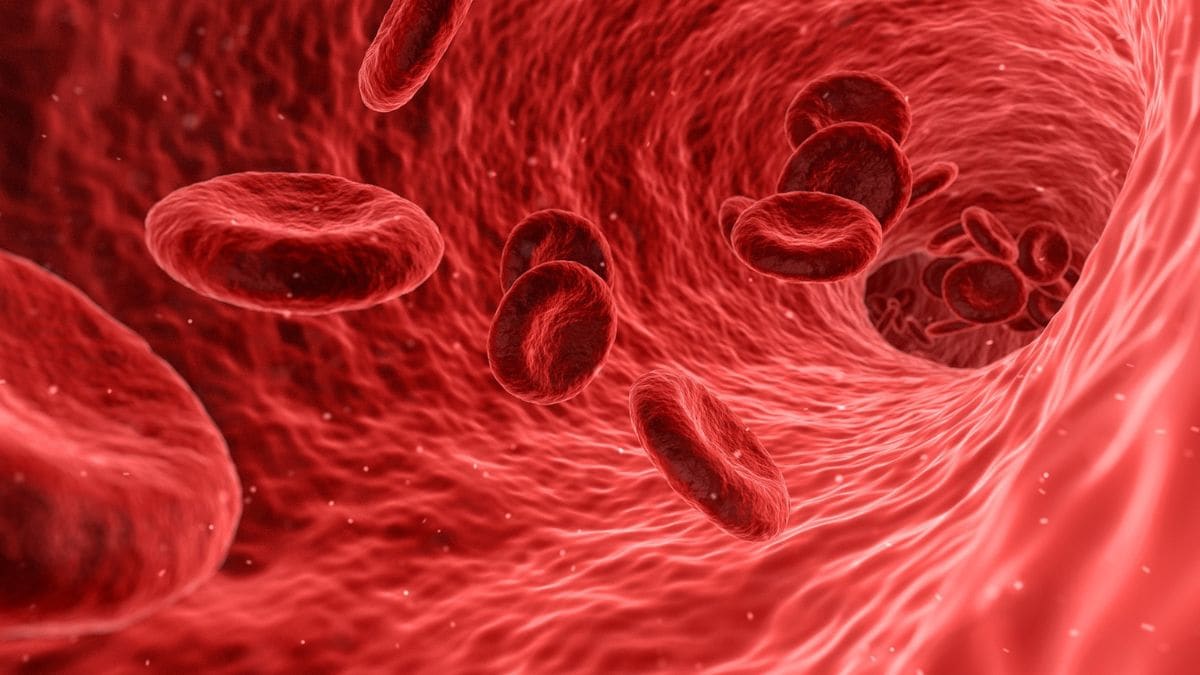




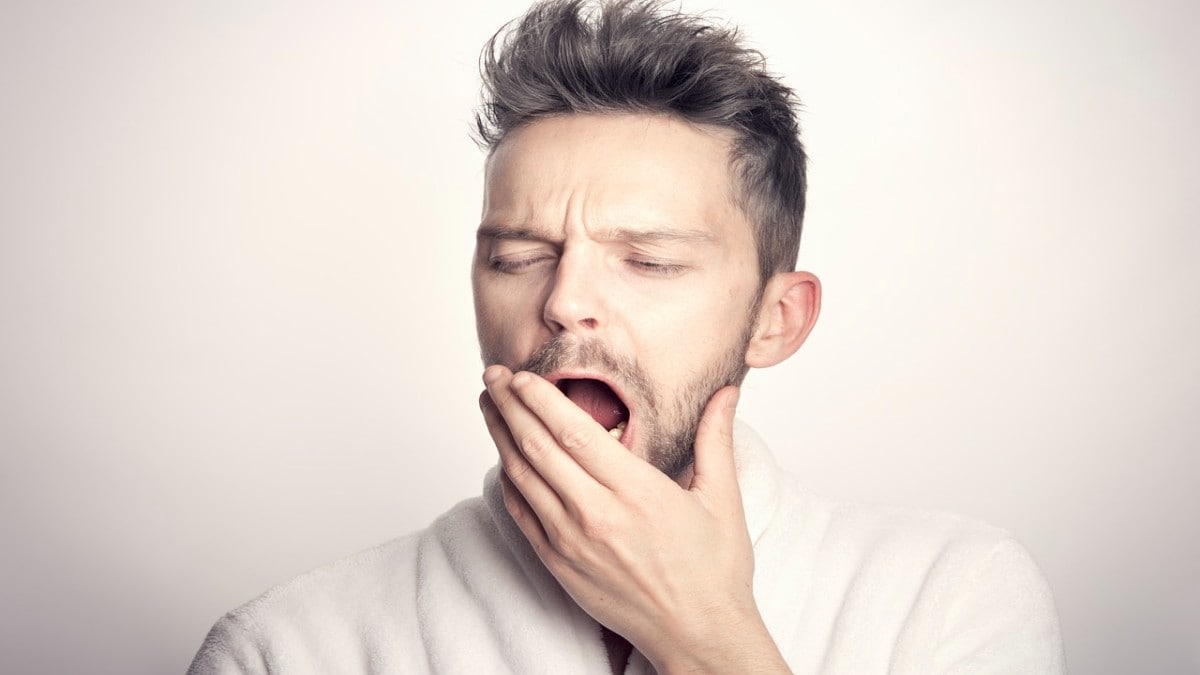

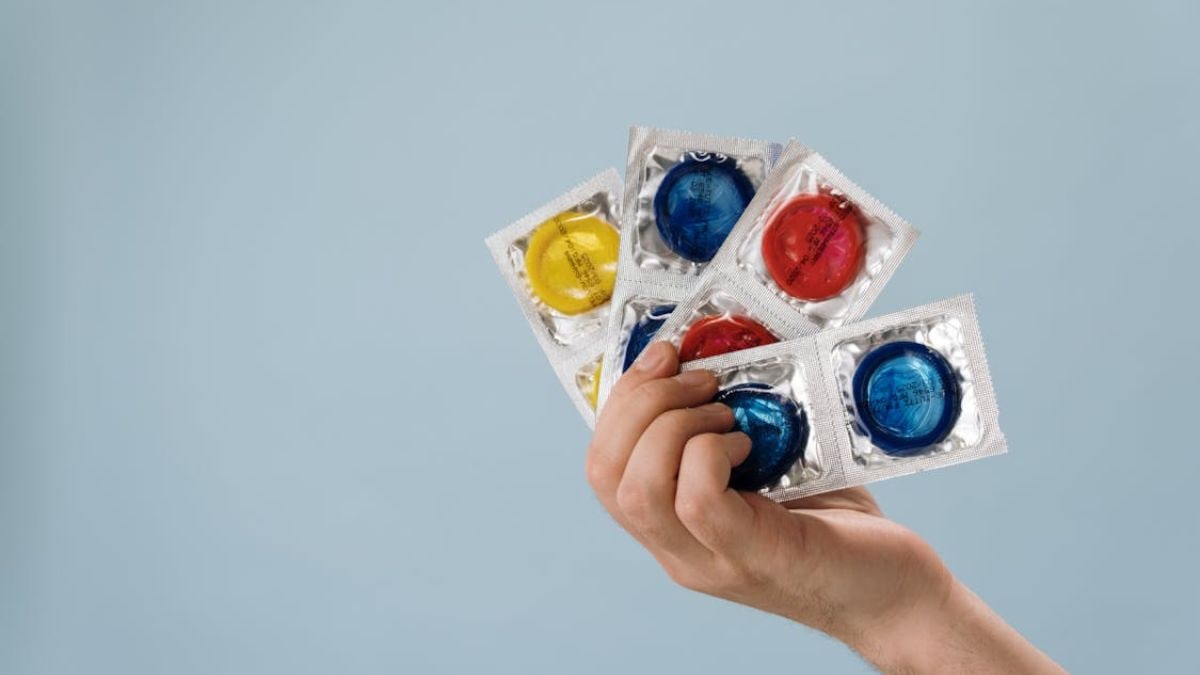
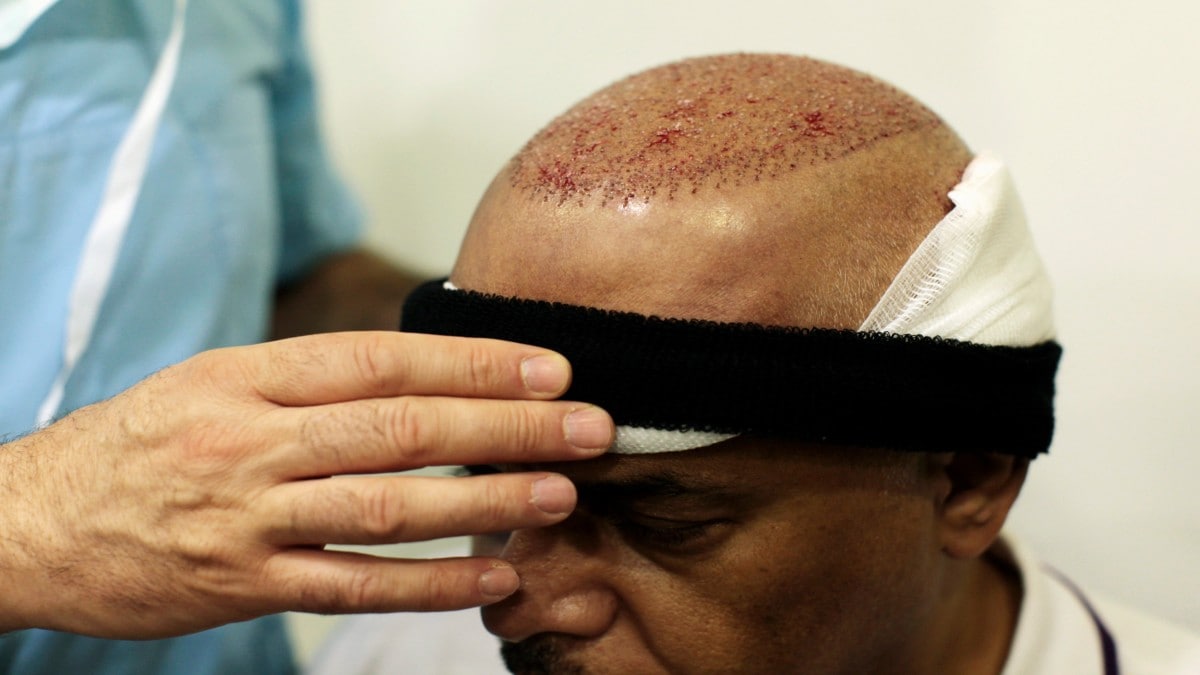


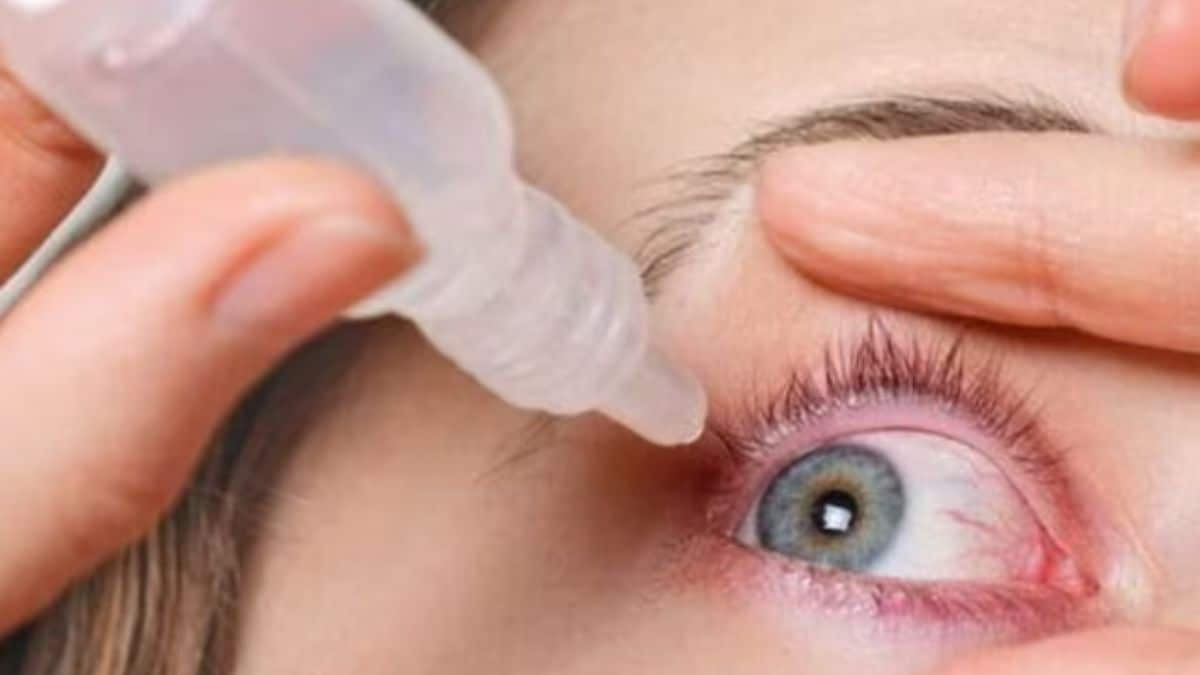
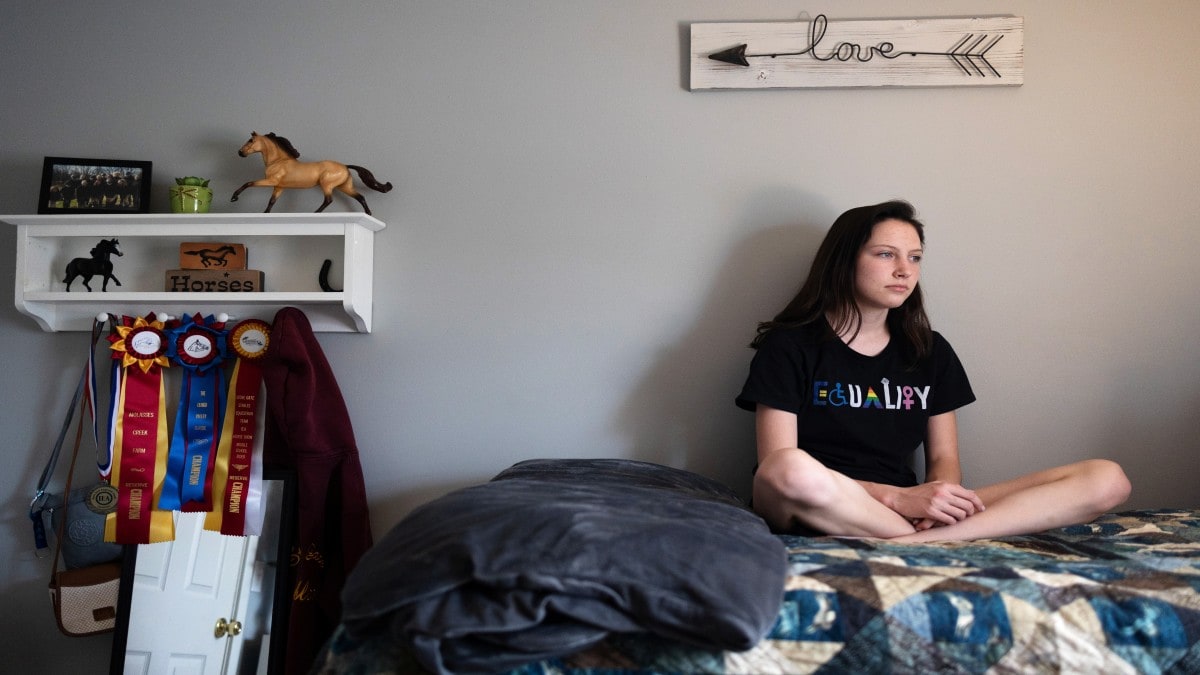

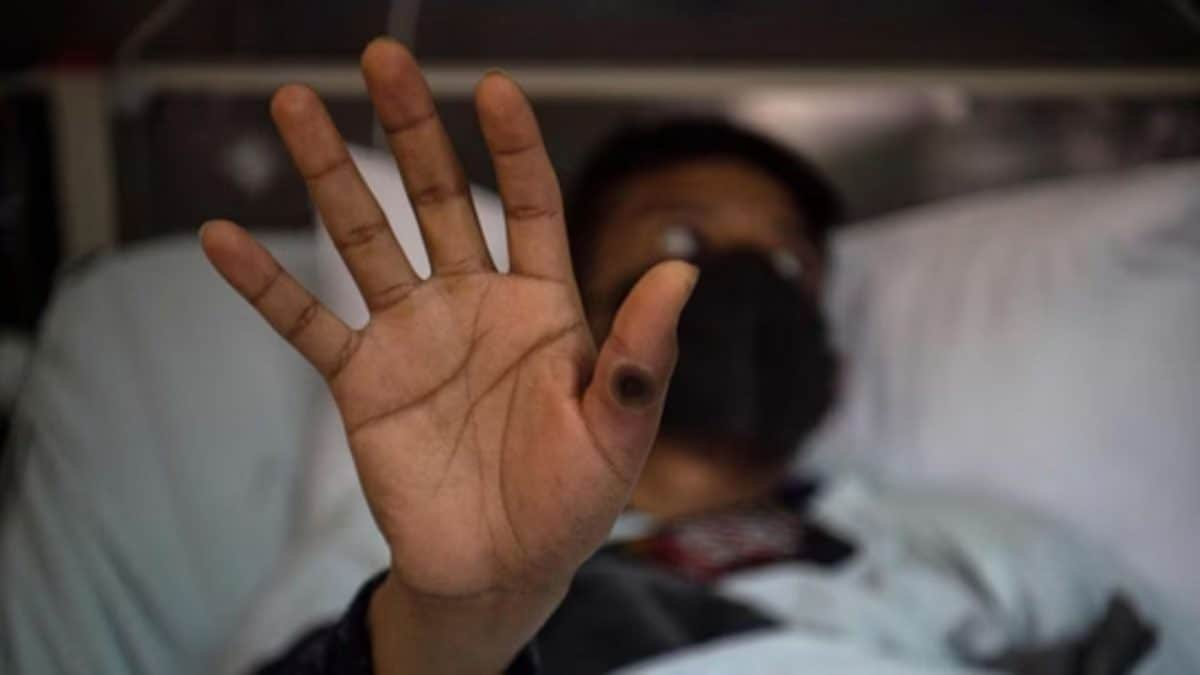


)
)
)
)
)
)
)
 English (US) ·
English (US) ·